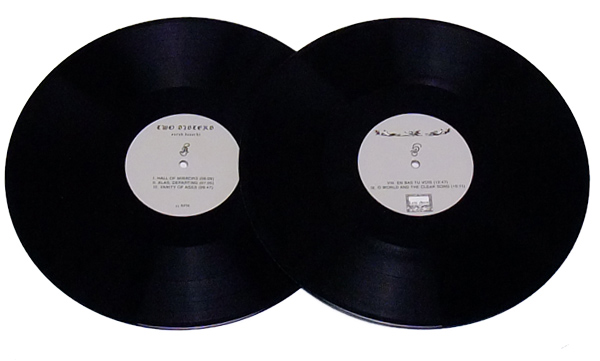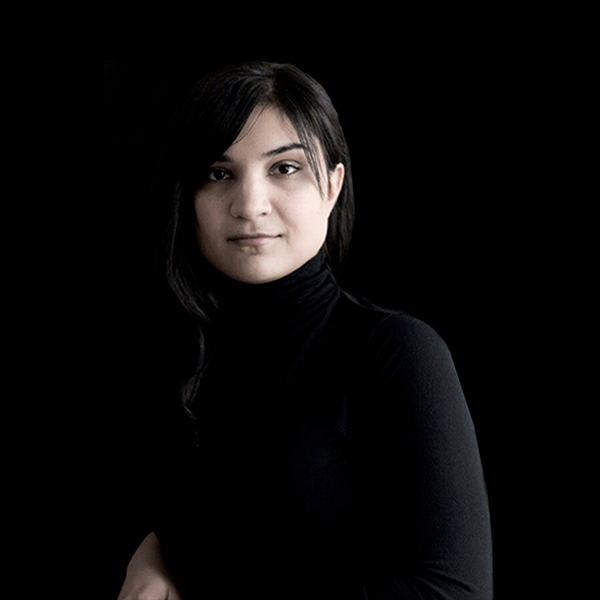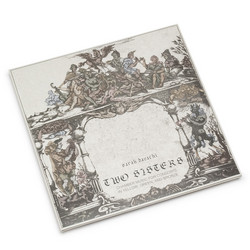Sarah Davachi - Two Sisters
With nearly a decade of recordings behind her - becoming increasingly prolific, while ambitiously covering a steadily expanding series of creative territories as she’s gone - not to mention her reputation for stellar live performances shining the light ahead, the Canadian, Los Angeles based composer, Sarah Davachi, has slowly emerged as one of the most exciting voices in the landscape of contemporary experimental music. Building upon a noteworthy flurry of activity over the last couple of years, she returns with one of her most striking records to date, the incredible “Two Sisters - Chamber Music for Consorts in Yellow, Green, and Bronze”.
Stretching across a double LP, available in two editions on black and green vinyl respectively, as well as on CD - all issued on Davachi’s own Late Music imprint - the album comprises nine pieces that encounter the composer intertwining expanded instrumentation created for chamber ensemble and solo pipe organ. Bridging the divide between rigorous experimentalism, minimalism, drone, and her long standing passion for early music, it’s an engrossing journey into the inner word of one of the most fascinating artists working in the contemporary field of sound, enlisting an incredible cast of players - Tiffany Ng, Jessika Kenney, Dorothy Berry, Johnny Chang, Andrew McIntosh, Judith Hamann, Rebecca Lane, Mattie Barbier and Apartment House (Mira Benjamin, Gordon MacKay, Bridget Carey, Anton Lukoszevieze) - into its midst.
In addition to a 20 page booklet, including extensive, explanatory liner notes by Davachi herself, that’s contained within “Two Sisters”, as a very special, exclusive offer for our customers we’re also including bound, a 52 page score book containing the works on the album. It’s a beautiful object, and an incredible chance to gain even greater depth of insight into this remarkable body of work.
Born and raised in Western Canada, Sarah Davachi initially studied at the University of Calgary, before receiving her master's degree in electronic music and recording media from Mills College. With a developing career well underway and seven full-lengths already behind her on noteworthy imprints like Full Spectrum, Cassauna, Constellation Tatsu, Students of Decay, and Aventures Ltd. - the majority of which were met with critical acclaim - in 2017 she relocated to Los Angeles to pursue a PhD in Musicology at UCLA. Davachi’s practice, as it has developed over the last decade, represents a rare hybrid within contemporary experimental sound practice. Like members of previous generations of avant-garde composers - Terry Riley, La Monte Young, Lou Harrison, Harry Partch, etc. - she seeks resonance and meaning through a relationship with forms of music that do not utilize (and usually predate) the tuning system of equal temperament. Unlike the aforementioned composers, who drew inspiration from South and East Asian traditions - India, Java, China, Japan, etc. - in their respective cases, Davachi taps the European medieval and early music traditions for her own. Hers is a form of experimental music that eludes to a continuum, passing through the ages, at the very heart of expression through sound, primarily focused around the sounds of acoustic organs and analog synthesizers; elements of the past, reformed within the present, as a means to gain glimpses of what might be.
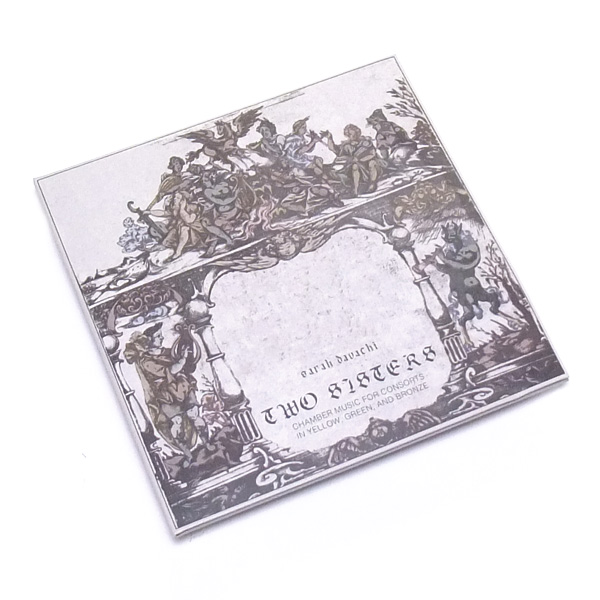
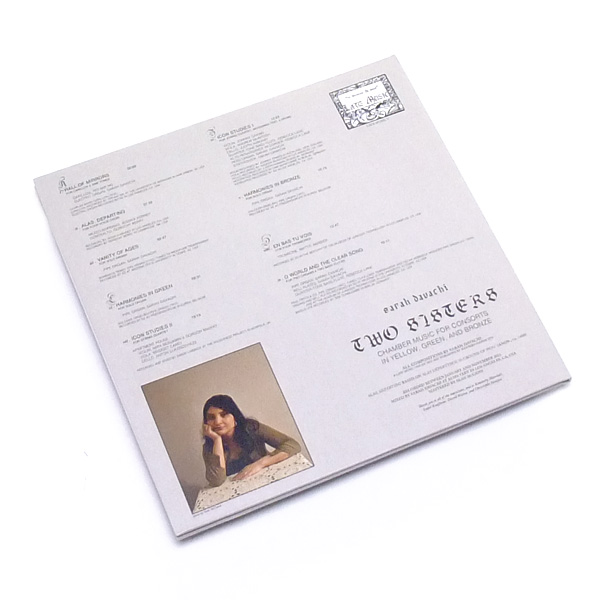
Davachi’s latest, “Two Sisters - Chamber Music for Consorts in Yellow, Green, and Bronze”, while featuring plenty of the composer behind a number of organs and at the synthesizer, encounters her working within a expanded pallet of instrumental sound; flute, trombone, cello, viola, violin, carillon, recorder, and voice. Perhaps most striking, is the level of breadth and ambition that the composer embraces across the LP’s length - each work appearing as a realization of its own set of discrete conceptual terms - while maintaining, a remarkable sense of cohesion through its duration. Profoundly meditative, “Two Sisters” is a series of works unified by relations to duration and time. Rather than being approached as drone - despite this minimalist form being a palpable touchstone - Davachi’s might be better regarded as ‘slow music”, particularly given the strong presence of structure rumbling within each work. This is especially noteworthy within the album’s first two works - “Hall of Mirrors” and “Alas, Departing” - where the natural limits of sustain of the chosen instruments - carillon performed by Tiffany Ng on the former, and voice on the later performed by Jessika Kenney - offered a greater sense of transparency to the kinds of tonal and structural relationships - rising, falling, and trading space - that exist more subtly within the remaining seven works.
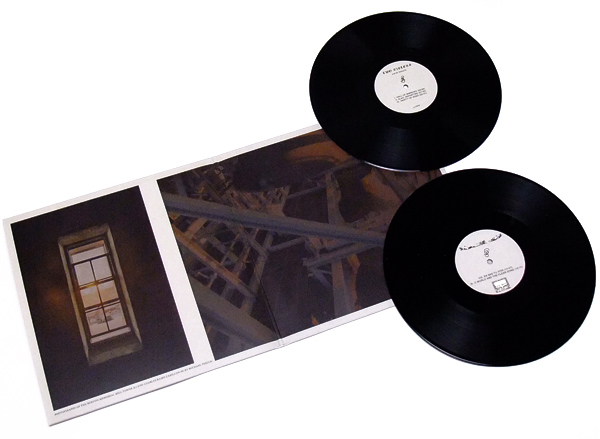
Davachi’s practice, as it has developed over the last decade, represents a rare hybrid within contemporary experimental sound practice. Like members of previous generations of avant-garde composers - Terry Riley, La Monte Young, Lou Harrison, Harry Partch, etc. - she seeks resonance and meaning through a relationship with forms of music that do not utilize (and usually predate) the tuning system of equal temperament. Unlike the aforementioned composers, who drew inspiration from South and East Asian traditions - India, Java, China, Japan, etc. - in their respective cases, Davachi taps the European medieval and early music traditions for her own. Hers is a form of experimental music that eludes to a continuum, passing through the ages, at the very heart of expression through sound, primarily focused around the sounds of acoustic organs and analog synthesizers; elements of the past, reformed within the present, as a means to gain glimpses of what might be.
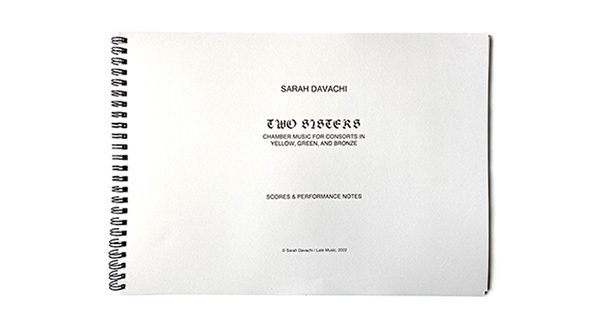
Davachi’s latest, “Two Sisters - Chamber Music for Consorts in Yellow, Green, and Bronze”, while featuring plenty of the composer behind a number of organs and at the synthesizer, encounters her working within a expanded pallet of instrumental sound; flute, trombone, cello, viola, violin, carillon, recorder, and voice. Perhaps most striking, is the level of breadth and ambition that the composer embraces across the LP’s length - each work appearing as a realization of its own set of discrete conceptual terms - while maintaining, a remarkable sense of cohesion through its duration.
Profoundly meditative, “Two Sisters” is a series of works unified by relations to duration and time. Rather than being approached as drone - despite this minimalist form being a palpable touchstone - Davachi’s might be better regarded as ‘slow music”, particularly given the strong presence of structure rumbling within each work. This is especially noteworthy within the album’s first two works - “Hall of Mirrors” and “Alas, Departing” - where the natural limits of sustain of the chosen instruments - carillon performed by Tiffany Ng on the former, and voice on the later performed by Jessika Kenney - offered a greater sense of transparency to the kinds of tonal and structural relationships - rising, falling, and trading space - that exist more subtly within the remaining seven works.
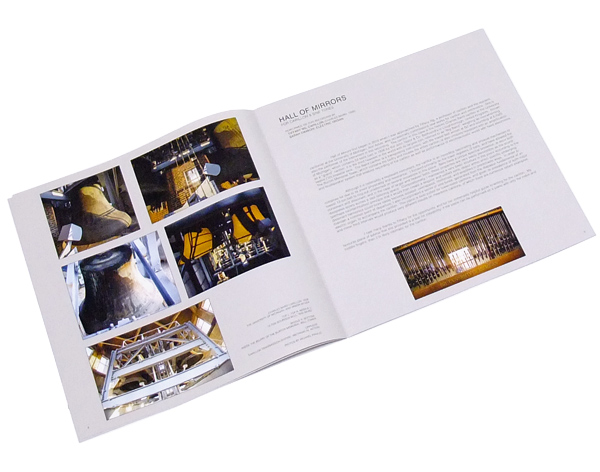
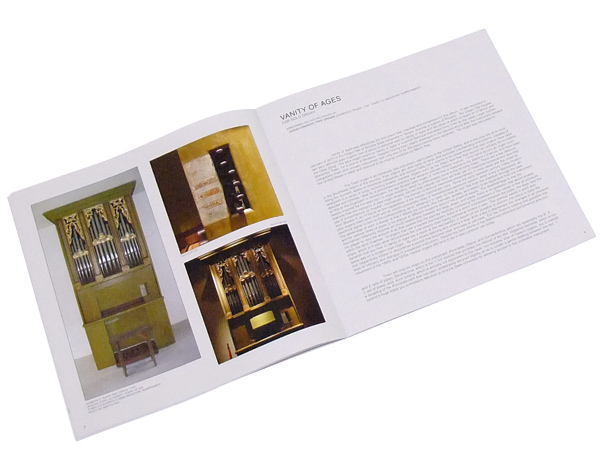
Deploying numerous arrangements of instrumentation across the ensuing compositions - each working in clear response to specific timbral properties of the instrumentation chosen - Davachi weaves a startling sense of harmonic space, setting up a tense set of generative conditions that fuel their energy. While appearing restrained and bound to control, the composer’s working method emerges as something close to an intervention with self, committing to a different tuning system - usually a form of just intonation: Pythagorean, Quarter-comma meantone, etc. - for each, and leaving a fair amount of control toward a work’s final form in the hands of the instrumentalists. The result, as glides slowly across four vinyl sides - guided into being with the assistance of some of the most talented players in the contemporary landscape - is as beautiful and seductive as it is tense, tones and microtones dancing and colliding as they immerse body, ear, and mind.
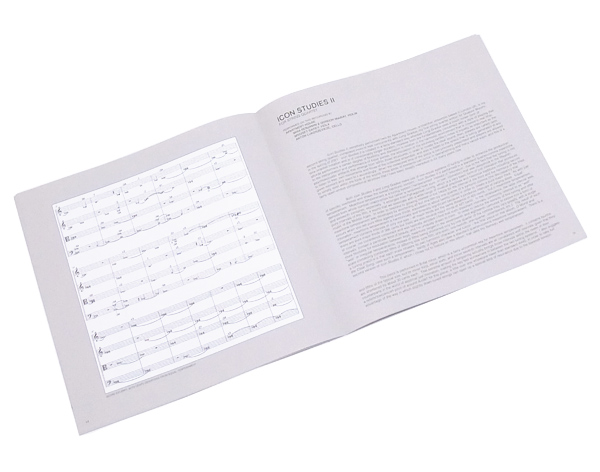
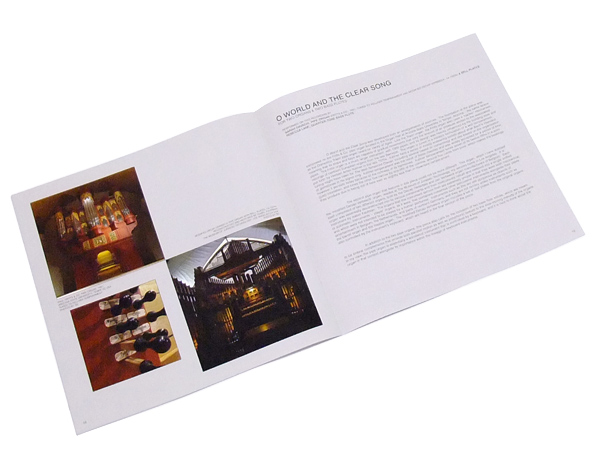
Possibly Davachi’s most ambitious and noteworthy effort to date, Davachi’s “Two Sisters” is an absolutely stunning piece of work that rethinks the nature of durational music on sublimely sophisticated terms. Issued in double vinyl and CD editions by the composer’s own Late Music imprint, exclusive to SoundOhm each copy of the LP will also come with a free copy of the bound, 52 page score book containing the works on the album. If there’s a glorious glimpse of where minimalism is going, this might be it.
